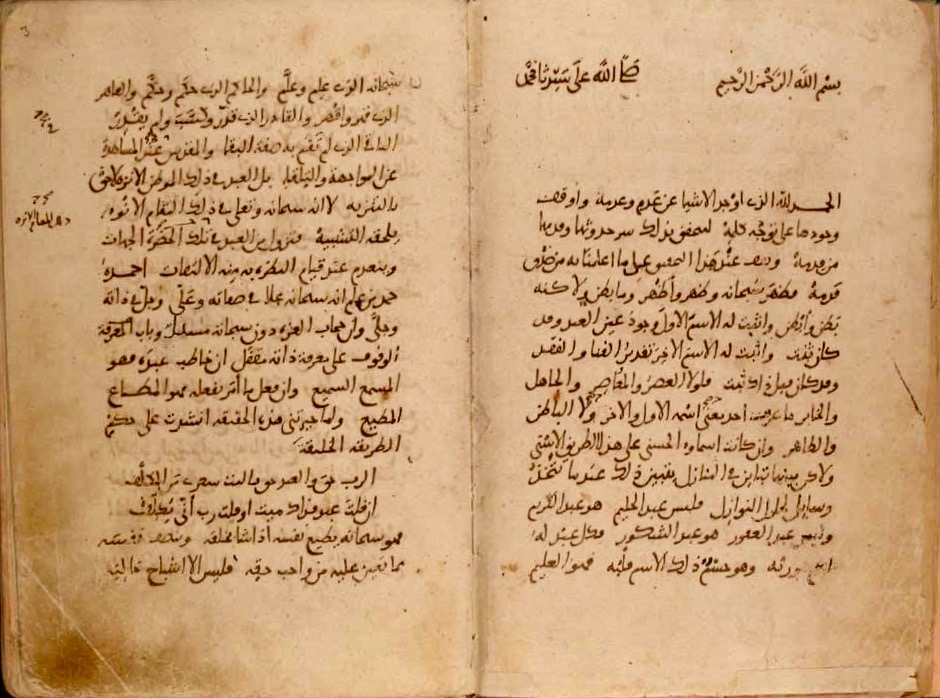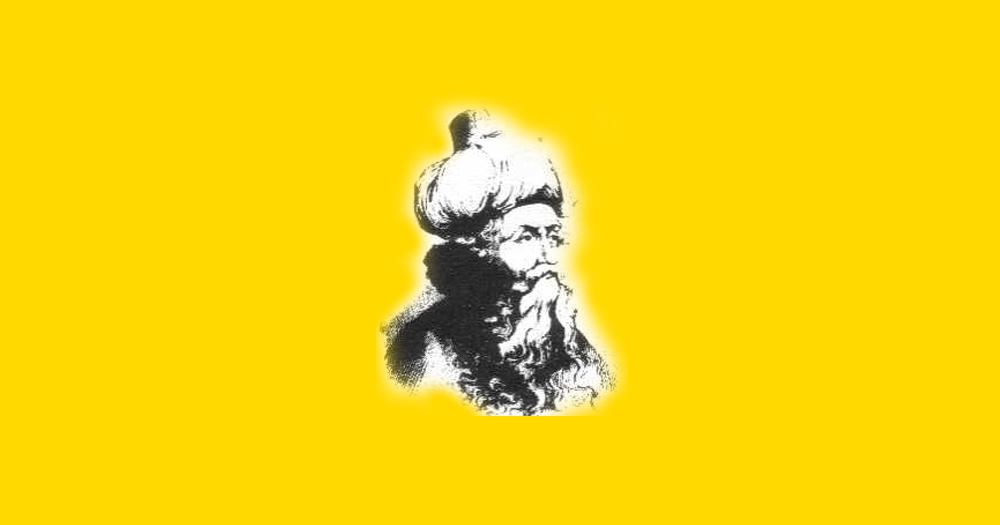Ibn Arabi (1165β1240), full name Muhyiddin Ibn Arabi, is one of the most influential figures in Islamic mysticism, philosophy, and poetry. Known as Shaykh al-Akbar (The Greatest Master), his contributions to Sufism, metaphysics, and literature are immense. Born in Murcia, Spain (then part of Al-Andalus), his life journey took him across the Islamic world, leaving a lasting mark on intellectual and spiritual thought.
Early Life and Education
Ibn Arabi was born into an aristocratic family in Andalusia on July 28, 1165. His father worked in the Almohad dynasty’s army, providing Ibn Arabi with access to a high level of education. He studied various subjects, including Islamic jurisprudence, theology, the Quran, and works by earlier Sufis and philosophers. However, Sufism, the mystical dimension of Islam, captivated him most.

Journey and Travels
Ibn Arabi traveled widely across the Islamic world. He visited North Africa, Egypt, Arabia, Anatolia, and Syria. His travels were both literal and metaphorical, as he sought spiritual knowledge from Sufi masters and scholars. These journeys deeply influenced his thought and writings.
A turning point came when he made a pilgrimage to Mecca in 1202. During his time in Mecca, he had profound spiritual experiences. It was here that he composed much of his monumental work, Al-Futuhat al-Makkiyya (The Meccan Revelations). This period also marked his meeting with Nizam, a young woman whose beauty and spiritual depth inspired much of his poetry, especially in Tarjuman al-Ashwaq (The Interpreter of Desires).
Philosophical Contributions
Ibn Arabi’s metaphysical philosophy revolves around Wahdat al-Wujud (Unity of Being). He believed all of existence is a manifestation of God. According to him, every form in the universe expresses God’s essence. Nothing exists independently of the Divine reality. Ibn Arabi’s view suggests that the physical and spiritual realms are intertwined. The human journey, he argued, involves recognizing God’s presence in everything.
He also believed in the Perfect Human (Al-Insan al-Kamil), an individual who embodies divine attributes and serves as a bridge between God and creation. While the Prophet Muhammad exemplified the Perfect Human, every person can realize this divine perfection within themselves through spiritual practice and enlightenment.
Mysticism and Spiritual Teachings
Ibn Arabi’s teachings emphasized love, divine knowledge, and inner transformation. He saw love as the force that drives the universe and binds the human soul to God. True knowledge, he believed, was not intellectual but experiential, rooted in direct realization of the Divine.
He introduced the concept of Suluk, the Sufi path of spiritual progression. This path involves stages of purification and self-knowledge, leading to the realization of God. The seeker must remove the ego’s veils to witness the Divine in all things.

Literary Works
Ibn Arabi was a prolific writer, producing over 300 works, though only a fraction survive today. His writings cover a wide range of topics, from theology and metaphysics to poetry and spiritual guidance. Some of his most significant works include:
- Al-Futuhat al-Makkiyya (The Meccan Revelations): An encyclopedic text that delves into esoteric knowledge, cosmology, Sufi practices, and the nature of reality. It remains a cornerstone of Islamic mysticism.
- Fusus al-Hikam (The Bezels of Wisdom): A concise work that distills the teachings of the prophets into metaphysical insights, synthesizing Ibn Arabiβs mystical doctrines.
- Tarjuman al-Ashwaq (The Interpreter of Desires): A collection of love poetry that mixes mystical and romantic themes. Ibn Arabi clarified that the poems symbolize the soul’s longing for divine union, inspired by his spiritual encounters.
Controversies
Ibn Arabiβs ideas, particularly his Wahdat al-Wujud, sparked controversy among theologians. Critics accused him of heresy for his bold metaphysical claims. Some regions even banned his works. However, his followers defended him, and his influence continued to grow, especially within Sufi circles.
Influence and Legacy
Ibn Arabi’s impact on Islamic thought is profound. His works influenced many Sufi mystics, scholars, poets, and philosophers, including Rumi, Sadr al-Din al-Qunawi, and Mulla Sadra. His ideas resonated not only in the Islamic world but also in comparative mysticism and spirituality.
In the centuries after his death, Ibn Arabi’s influence spread to Persia, Turkey, the Indian subcontinent, and even parts of Europe. His teachings on the unity of being, love, and the human relationship with the Divine continue to inspire spiritual seekers today.
Death and Burial

Ibn Arabi spent his final years in Damascus, where he continued to teach and write. He passed away on November 10, 1240, and was buried in the Salihiyya district of Damascus, where his tomb remains a site of pilgrimage.
Ibn Arabi remains a towering figure in Islamic mysticism and world philosophy. His works offer a unique blend of reason, spirituality, and poetic imagination. His vision of unity, love, and divine presence continues to inspire people from all walks of life, ensuring that his legacy endures across cultures and eras.
